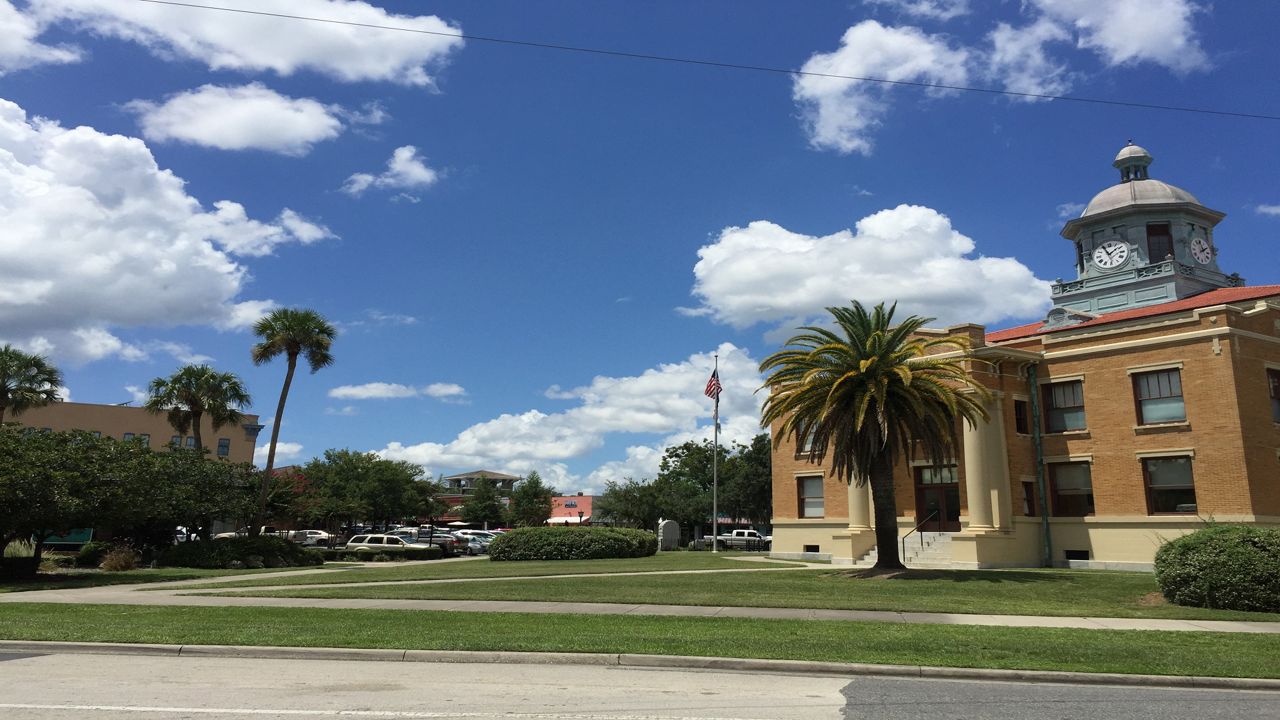TAMPA, Fla. — Tampa saw the highest inflation in the country between March 2021 and March 2022, topping the nationwide inflation rate of 8.5%.
The U.S. saw its sharpest year-over-year inflation increase since 1981 as the Labor Department's consumer price index jumped 8.5% from March 2021 to last month.
Tampa Bay as a whole saw an even bigger spike. According to the U.S. Bureau of Labor Statistics, the CPI for Tampa-St. Petersburg-Clearwater rose 10.2% during that same time period.
"These high inflation rates have been kind of a persistent problem for at least the past year, if not longer," said Dr. Michael Snipes, an associate professor of instruction of economics at the University of South Florida Sarasota-Manatee. "To see inflation rates that are this high for this long is a little bit surprising."
Rising inflation is being felt by individuals and organizations across the region, including at Feeding Tampa Bay. President and CEO Thomas Mantz said the higher cost of things like gas, rent and food take a disproportionate toll on the families the food pantry serves.
"It's a much greater percentage of a family's monthly bill or bills are those three major expenses, all of which have risen extraordinarily over the last year," Mantz said.
Mantz said the nonprofit is not immune to rising levels of inflation.
"We have 65, 68 trucks on the road every single day that all take diesel gas. The cost of our fuel has skyrocketed just to make sure that we can pick up and deliver food into the community," Mantz said.
Then there's the cost of buying the large volumes of food Feeding Tampa Bay needs to serve the community. Mantz said they've also made financial adjustments as the economy has changed to make sure they're paying employees the appropriate wages.
"The Tampa Bay area experiencing the highest inflation in the country, I do think that there's a very straightforward and direct answer to this," said Snipes.
Snipes said Florida's higher prices stem from one of the state's biggest industries: tourism. He said when the state ended pandemic lockdowns ahead of other states, it created demand for goods, services and infrastructure that weren't available in other parts of the country. On top of that, he said many of the people who were able to travel likely had higher incomes. Snipes said these factors combined to drive prices up.
"It's going to increase demand at a disproportionate rate because they're going to be higher income. So, not only do you have more people coming in, but you've got wealthy people coming in. So, we kind of got hit with a double whammy," Snipes said.
As for when prices could come back down, Snipes said that depends on several factors. He said we could see some relief if travel and tourism pick up nationwide, which could possibly happen by mid-summer. Still, nothing is for sure.
"What if we have a new variant? We can't predict that. What's going to happen with Russia and oil prices? We can't predict that. There's a lot of uncertainty, and markets don't like uncertainty," Snipes said.
Tampa was also hit hard by higher prices for building supplies and groceries, a trend that set in across the country last fall, and the government called transient.
Fuel prices, however, appear to be the biggest driver of Tampa’s skyrocketing inflation.
AAA Motor Club said fuel prices have been so volatile in recent weeks, that it can’t even find a trend to estimate what this summer may look like yet.
“It's just so challenging right now. We aren't seeing any solid downward or upward movement. It's just all across the board on a day to day basis,” said Mark Jenkins with AAA Motor Club. “It’s just really challenging to develop any longterm forecast on what to expect down the road."
In the meantime, Mantz said it could take some of Feeding Tampa Bay's families years to stabilize financially after suffering a setback.
If you're experiencing food insecurity, visit Feeding Tampa Bay's website and click the circle marked "find food" at the top of the screen.









